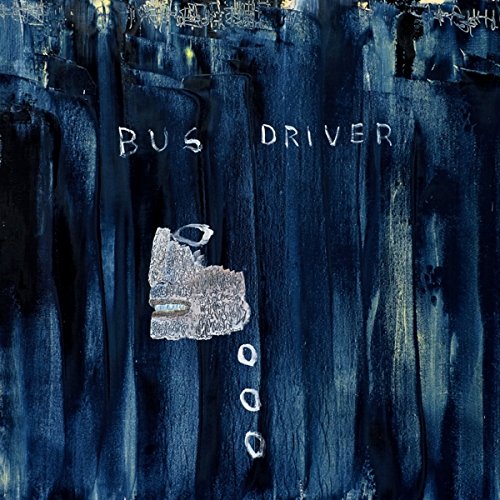
Busdriver
Perfect Hair
Release Date: Sep 9, 2014
Genre(s): Rap
Record label: Big Dada
Music Critic Score
How the Music Critic Score works
Buy Perfect Hair from Amazon
Album Review: Perfect Hair by Busdriver
Very Good, Based on 7 Critics
Based on rating 8/10
Saying that rapper Busdriver is a mash of Danny Brown, Wu-Tang Clan, and Frank Zappa doesn't get at how avant and prickly the man can be. Fans rightfully think that he wears those qualities quite well, and with Perfect Hair, they have an album to advocate it, as a handful of approachable numbers help to give context for all the free jazz rhyming and bumpy musical riding throughout. With Aesop Rock and Danny Brown on the assist, plus Brainfeeder regular Jeremiah Jae on production, the grinding manifesto "Ego Death" is the main attractor, barking out Busdriver's modus operandi Death Grips style ("I slip militant mantras between my cries and gripes") while offering an uplifting hook to hang on (a repeated "We can make this better" is the chorus) plus a quotable that would make both Lil B and Kool Keith jealous ("Duck boy shit is quacktastic").
Based on rating 8/10
Head here to submit your own review of this album. Eccentric Los Angeles native Busdriver, has been dispensing his hyper literate, oddball hip-hop for over a decade, reconstructing experimental practices by striking boldly when the iron glows hot. A crossover of label affiliations led to projects with Brainfeeder boss Flying Lotus, and his British protégé Lapalux more recently, then there was his ridiculous take on Drake's 'Worst Behaviour' at the tail end of last year, abundant with tongue-in-cheek, stinging delivery.
Based on rating 4
In May 2014, an infographic was released to show who had the widest vocabulary in hip hop. Aesop Rock had the most impressive lexicon, rapping 7,392 different words in his first 35,000 lyrics. DMX came last, with a poor 3,214 words. But if Busdriver was included on the list, he may have outdone Aesop.
Based on rating 7/10
Perfect Hair opens with "Retirement Ode," which has a breakdown of how much the eighth offering from Los Angeles-based bohemian MC Busdriver cost. However tongue in cheek the itemization might seem, the oft-daunting economic cost of an uncompromising artistic message remains clear. But ducats be damned, Busdriver remains as dizzyingly literate a lyricist as ever.
Based on rating 7/10
“Man, genre labels are some bullshit.” This was my main thought as I finished Perfect Hair. The experimental wing of hip-hop keeps outdoing itself in weirdness this year. Young Fathers set the oddness-bar high, but then along came Clipping., Ratking and Death Grips. I thought we had finally reached the peak with Shabazz Palaces’ excellent trip Lese Majesty, but no, Busdriver found another summit.
Based on rating B-
“Now you can talk about more pressing issues/ Like what’s up with the state of hip-hop,” Busdriver begins on the self-produced “Bliss Point”, off of his tenth LP, Perfect Hair. But while other rappers may be fighting over who claims the throne, or who’s in control, the man born Regan Farquhar has his own unique perspective on the game. “Where exactly is hip-hop going?/ Did hip-hop have breakfast this morning?/ Does hip-hop have exactly the right body type to pull off that outfit?” Busdriver’s rapid rivers are often summed as wordy, literate, even surreal, but that’s doing him a disservice.
Based on rating 3/5
“What’s up with the state of hip-hop? Where exactly is hip-hop going? Did hip-hop have breakfast this morning? Does hip-hop really have the fucking time to pull off that outfit? Who is hip-hop dating? What does hip-hop check in the gender box?”– Busdriver If I may postpone deep, critical analysis here for a bit (don’t worry, I’ll get there), my initial gut feeling after my first listen of Busdriver’s eighth full-length solo record, Perfect Hair, was that there’s something unexplainably and indefensibly cloying about music that explicitly comments on itself and its present position within an ever-shifting landscape, especially post-conceptual turn. Processing lines like that snippet from “Bliss Point,” quoted above, feels a bit like drinking my own spit after it has been sitting in a Petri dish for 12 years. Why this particular detail about Perfect Hair splits my ends as a long-time fan of Busdriver and other hyper literate/literary “avantcore” hip-hop artists is both a matter of my own personal trajectory and evidence of my own experimentalist bias toward subversion and abstraction as inquisitive modalities.
'Perfect Hair'
is available now

